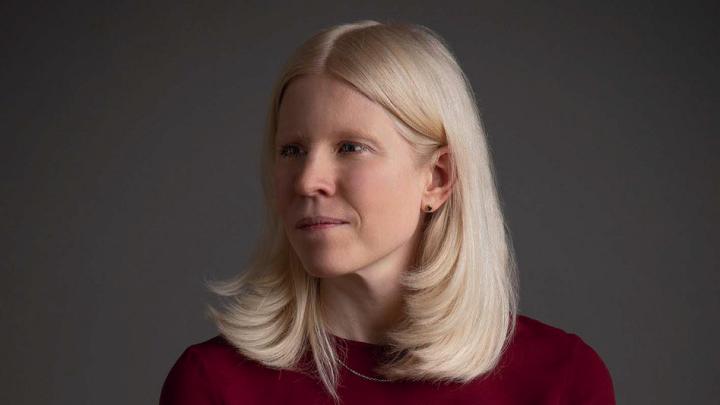Economics professor Melissa Dell has studied everything from colonialism’s impact on development in Indonesia to global trade and worker displacement in Mexico. A development economist, she studies countries her discipline once ignored: “In the 1960s, 1970s, 1980s, people in academic institutions like Harvard predominantly studied the U.S. and Europe,” she explains. “Economics was a very mathematical field” that assumed “markets function perfectly and information is perfect, and you just can’t really think about development if you make those assumptions.” On a College internship in Peru, Dell worked on microfinance, making small loans to women selling snacks on the street—and realized its limits as a poverty alleviation strategy. “If you give another woman a loan to set up a stand,” she says, “it may be good for her, but essentially it’s kind of stealing business from other places.” Growing up in Enid, Oklahoma, where her parents were contractors on an Air Force base, she researched how to apply to schools like Harvard on her own: “At first my parents were kind of annoyed, like, ‘Oh, that’s not a place that’s for people like us.’ ” Financial aid allowed her to attend; she graduated as a top student in 2005. After a Ph.D. from MIT, Dell joined Harvard’s Society of Fellows and then its faculty in 2014. She recently won the Clark Medal, the top prize for economists under 40, and has been diving into machine learning in order to digitize vast troves of data—critical, she says, to unlocking previously unanswerable questions about countries’ economic histories. Meanwhile, the former ultramarathoner’s priorities have been changed by two young children: beyond family and economics, “there’s really not time for anything else.”
Melissa Dell

Melissa DellPhotograph by Wess Gray/Courtesy of Melissa Dell
You might also like
Historic Humor
University Archives to preserve Harvard Lampoon materials
Academia’s Absence from Homelessness
“The lack of dedicated research funding in this area is a major, major problem.”
The Enterprise Research Campus, Part Two
Tishman Speyer signals readiness to pursue approval for second phase of commercial development.
Most popular
More to explore
Exploring Political Tribalism and American Politics
Mina Cikara explores how political tribalism feeds the American bipartisan divide.
Private Equity in Medicine and the Quality of Care
Hundreds of U.S. hospitals are owned by private equity firms—does monetizing medicine affect the quality of care?
Construction on Commercial Enterprise Research Campus in Allston
Construction on Harvard’s commercial enterprise research campus and new theater in Allston







